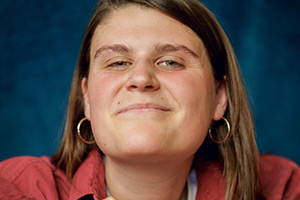Katie Price: From Woody Allen to Illana Glazer - The rise of The Jewess
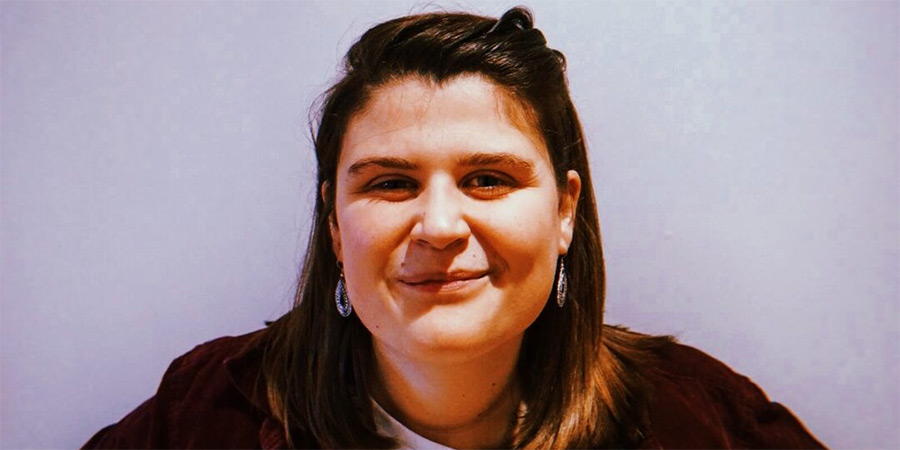
A few months ago, I wrote an article for The Jewish Chronicle (huge flex early on, I know) about a time on the British stand-up circuit when a well-known promoter refused to offer me a trial spot because, and I quote, 'there were no Jews' in the locality. (I assume he hadn't spotted any broad noses in the post office que or heard Klezmer Hour on BBC Radio Lancashire). Subsequently, he was very sorry but my 'cosmopolitan jokes' wouldn't land, very much implying one must be like me to like me. Hence, my fanbase is entirely composed of Jewish lesbians with Type 1 diabetes and a mild intolerance to dairy.
This exchange and publication in The JC (The Guardian weren't interested, so much for running the media) among other things, forced me to examine what it is to be a Jew in comedy. (Also, what it is to be a Jew in the UK but given the title of my publisher here, I decided that's best saved that for The JC or my memoirs.)
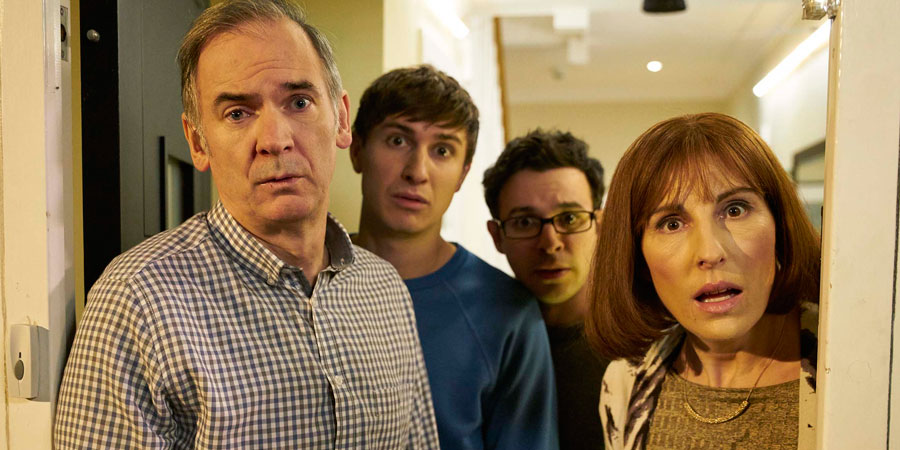
It forced me to consider what Jewish comedy is. Famously, there are no British Jews. In our flagship show, Friday Night Dinner, the Jewishness is so diluted it may as well be called Sunday Lunch with none of the main cast identifying as Jewish and almost all plots being purged of a hint of semitism presumably to appeal to a wider audience. There are even fewer British Jewish women so naturally, like the Village People circa 1979 and Pet Shop Boys circa 1993, I looked west.
Historically, when most people think of Jewish TV characters (as I'm sure they do daily) they think of the classic NJB (Nice/Neurotic/Nebbish/Nasal Jewish boy) who held the monopoly on Jewish representation for decades. The schticky, pale, Ashkenazi, nerdy, mummy's boy swotting to win the upcoming chess tournament and impress the gentile cheerleader in the year above who has no idea he exists. It felt like TV producers would hold auditions for gentiles in acting schools and for Jews in the 1920s. Think Ross Geller, Woody Allen, Larry David and Jerry Seinfeld, whose neurotic natures reflect the quintessential Jew propped up on the holy trinity (bad phrasing, I know) of shame, anxiety, and self-consciousness.
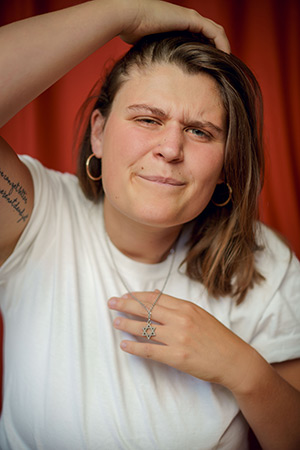
Women, if depicted at all, were nagging mothers and wives, forever insisting that their offspring (which her husband is often treated as such) must wear a jacket or eat another bowl of soup before leaving the house, the only location she'd ever be seen in. Much of this of shame, anxiety, and self-consciousness derived from a more openly antisemitic post-holocaust culture with extensive caution at being openly Jewish.
This representation persisted way into the 21st century in The Big Bang Theory, with Mrs Wolowitz, mother of Howard (I for one love it when female characters are qualified by their relationships to male characters). Mrs Wolowitz is loud, overbearing, and overprotective of her son, as is Sheila Broflovski in South Park, the mother of its main character Kyle Broflovski.
But times are changing and, thankfully, Jewish comedy is changing with it. Baruch Hashem! Our depictions are no longer caricatures but fully fleshed out individuals; we're worrying less about chicken soup and more about chlamydia. We're less terrified of our mums and more of hair humidity. We are more, dare I say, of the zeitgeist.
Significantly, we're seeing a rise of a sensational phenomenon; The Jewess. Smart, funny, chutzpah-driven women who aren't just matzah ball makers of the future but are confident, independent contemporaries to the gentiles. I'm thinking Abbi and Ilana in Broad City, Rebecca in Crazy Ex-Girlfriend and Midge in The Marvellous Mrs Maisel. These shows all depict Jews as current, flawed, and relatable characters, cast alongside their contemporaries.
Previously, we were ferociously trying to integrate into WASP culture and extirpate the Jewishness from our souls in exchange for 'all-Americanism'. Now, we're unapologetically ourselves, bringing knockoff dildos to Grandma Esther's shiva along with a fresh sense of "I just pegged" dignity. I'd assume this can largely be attributed to a change in writers' room makeups to include the bloody women themselves!
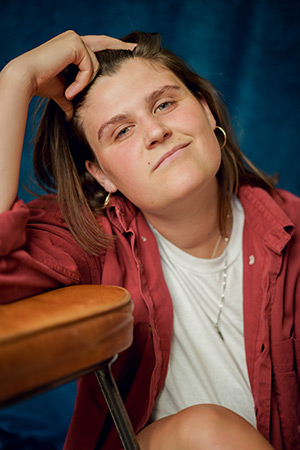
We've seen a huge development, from Judd Apatow and Seth Rogen to Emma Seligman and Rachel Bloom writing about themselves and their own lived experiences. They have wants, desires, aspirations and are sexually autonomous. They are, in short, authentic.
In this renaissance of Jewish comedy, the comedy is Jewish, and the Judaism is comedic. In one incredible Broad City episode, when psyching herself up, Ilana proclaims herself "Nicki Minashkenazi."; the chutzpah we all need when preparing for Saturday night of stag and hen party audiences.
These have given voice to twenty first century Jews and have shown us to be relatable to our gentile counterparts (I haven't dared suggest this on the aforementioned promoters watchlist. I can only imagine how alienatingly cosmopolitan he would find it).
Whilst, I concede, most people don't peg in the honour of a recently deceased grandparent, characters like Abbi and Ilana represent millions of young women, Jewish and gentile. Poor (antisemites, take note), temping, living with strange housemates and having ONS's (one-night stands or Office of National Statistics, depending on your persuasion).
The renaissance of Jewish comedy is long awaited. When examining my role as a Jew in comedy, I watched my favourite Jewesses and was impassioned by the chutzpah and the Jewish Pride of their characters. I decided not to reply to the promoter who deemed me 'too Jewish' for his gig. Perhaps I too should embody the spirit of Nicki Minashkenazi and see where that leads. How very cosmopolitan of me.
Katie runs Lez Miserables, a monthly comedy night at The K Hole in Dalston. Follow her on Instagram
Help us publish more great content by becoming a BCG Supporter. You'll be backing our mission to champion, celebrate and promote British comedy in all its forms: past, present and future.
We understand times are tough, but if you believe in the power of laughter we'd be honoured to have you join us. Advertising doesn't cover our costs, so every single donation matters and is put to good use. Thank you.
Love comedy? Find out more
